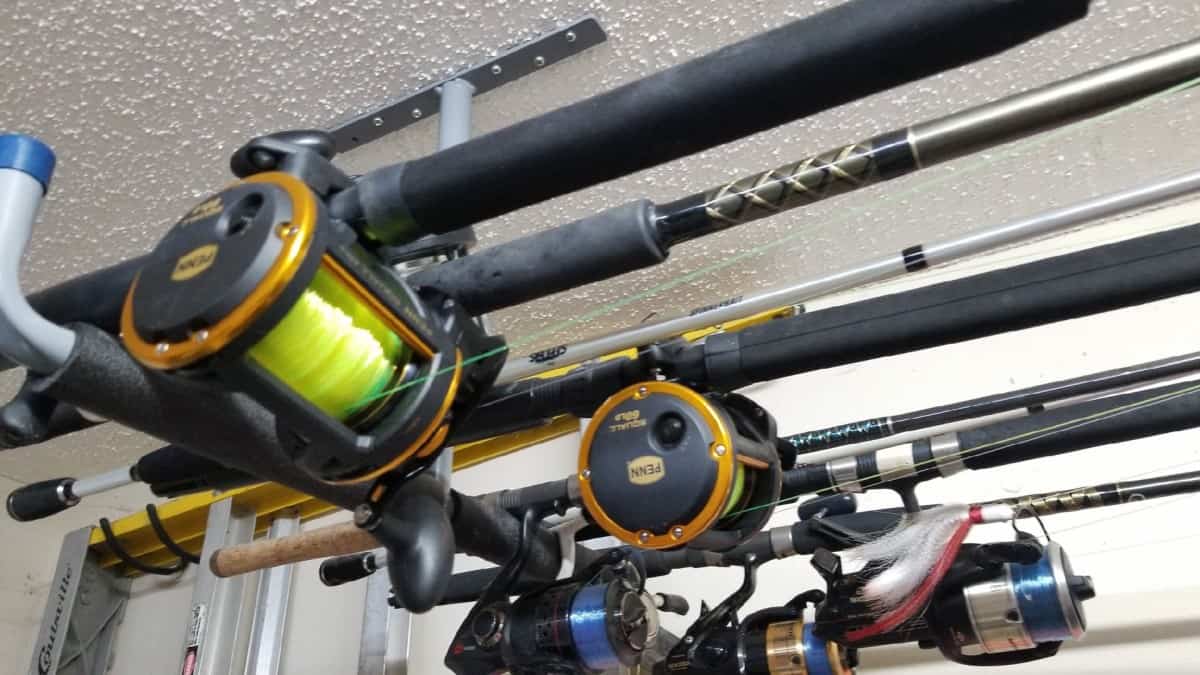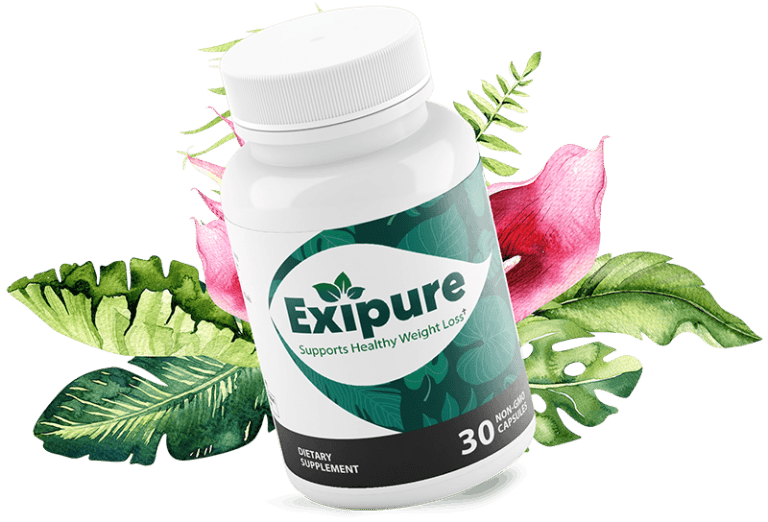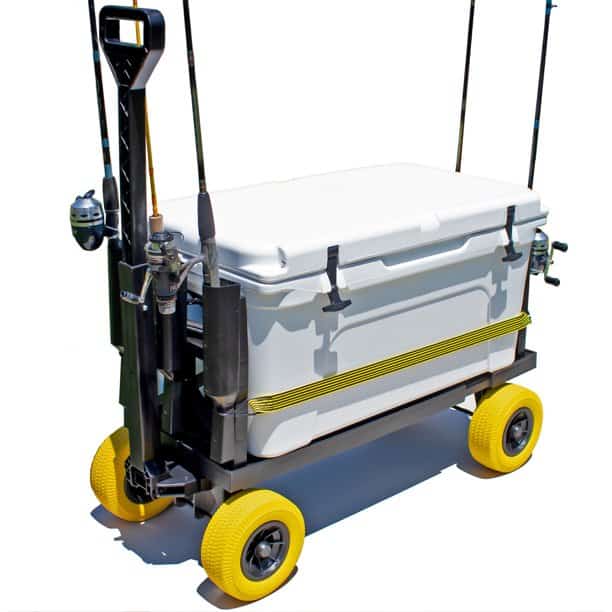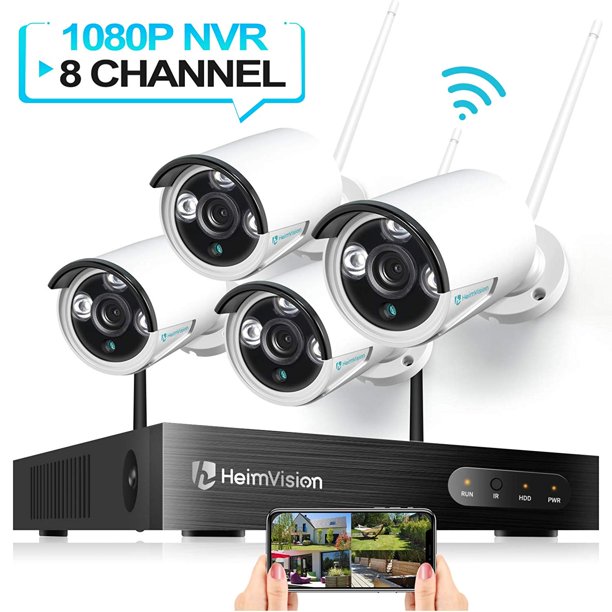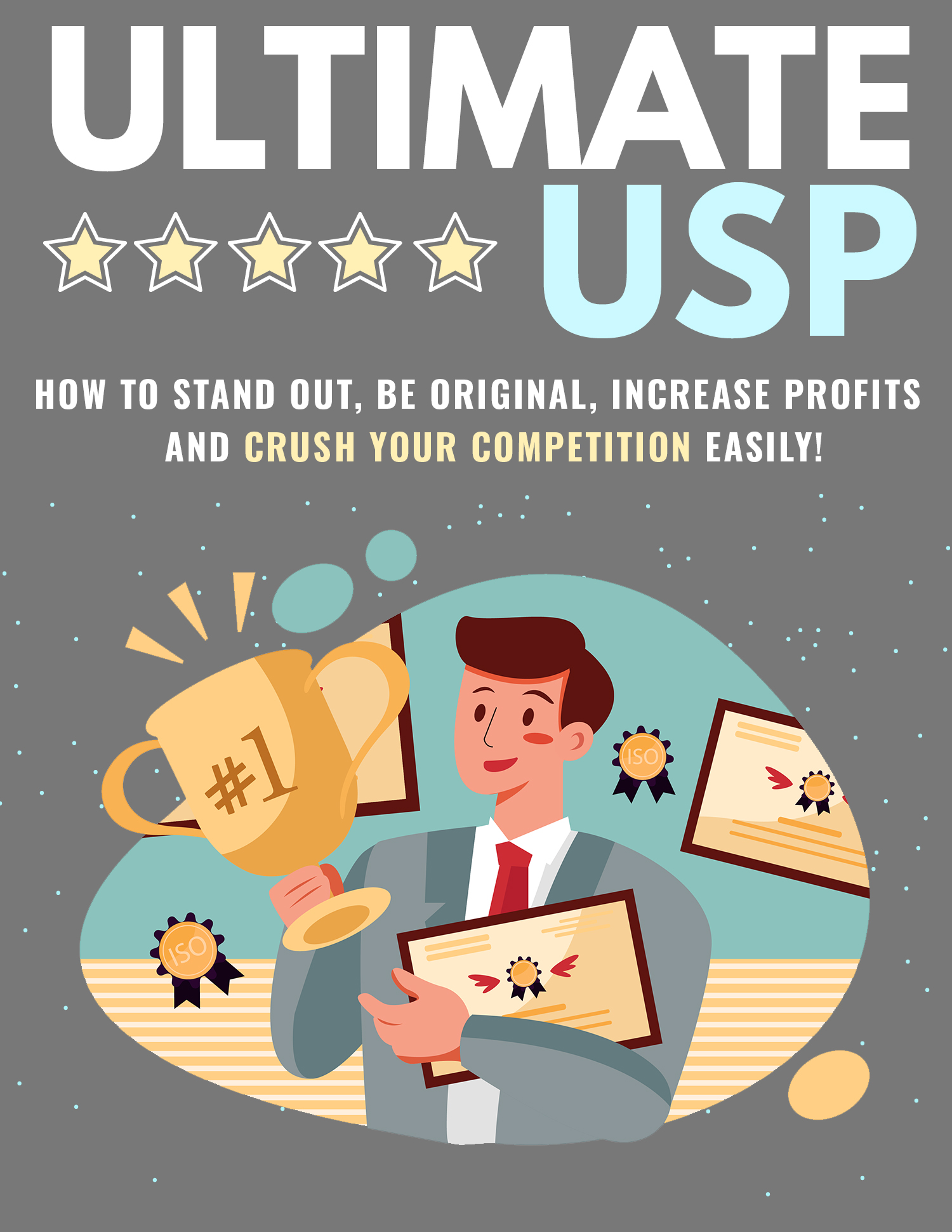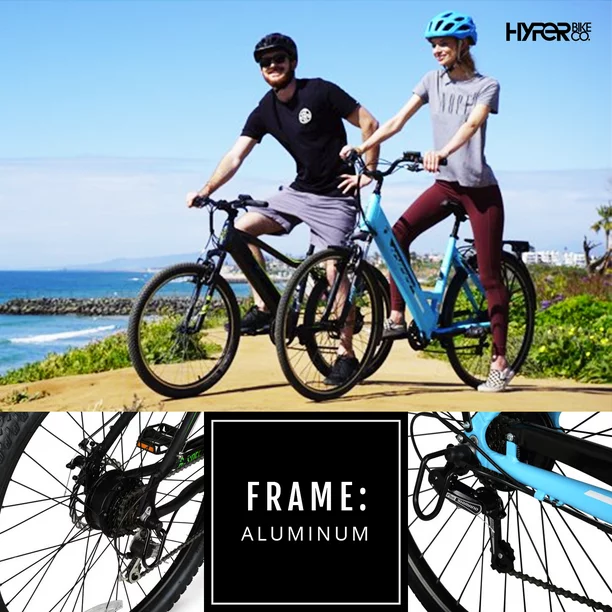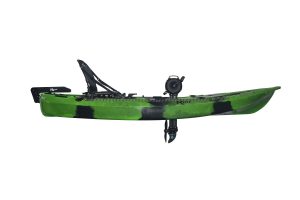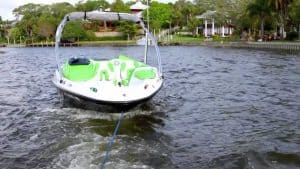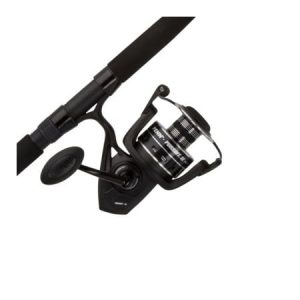Defining “middle-size boat” can be subjective, so it’s crucial to consider specific characteristics when estimating ownership costs. However, I can offer some general guidelines and key factors influencing the expenses.

Determining boat size:
- Length: Consider boats between 20 and 30 feet in length. This range can encompass cruisers, bowriders, center consoles, and smaller yachts.
- Capacity: Think about how many people you typically want to bring on board, influencing the minimum cabin space and overall size needed.
Cost drivers for mid-size boats:
- Purchase price: This is the most significant upfront cost, varying greatly based on:
- Type of boat: Cruisers often cost more than bowriders, with yachts at the higher end.
- Material: Fiberglass is common, with higher prices for composite or wood construction.
- Brand and model: Reputable brands might command higher prices, while lesser-known names offer affordability.
- Age and condition: New boats are more expensive, but used options can save money with careful inspection.
- Engine and propulsion: Expect engines in the 150-300+ horsepower range, impacting the initial cost and ongoing fuel expenses.
- Trailer: Necessary for transport if dock space isn’t available, adding to the cost.
- Registration and insurance: Mandatory expenses depending on local regulations and boat value.
- Maintenance and repairs: Regular upkeep and potential unforeseen repairs, including engine, hull, and equipment, can be significant ongoing costs.
- Storage: Dock fees, dry storage facilities, or on-property space impact annual expenses.
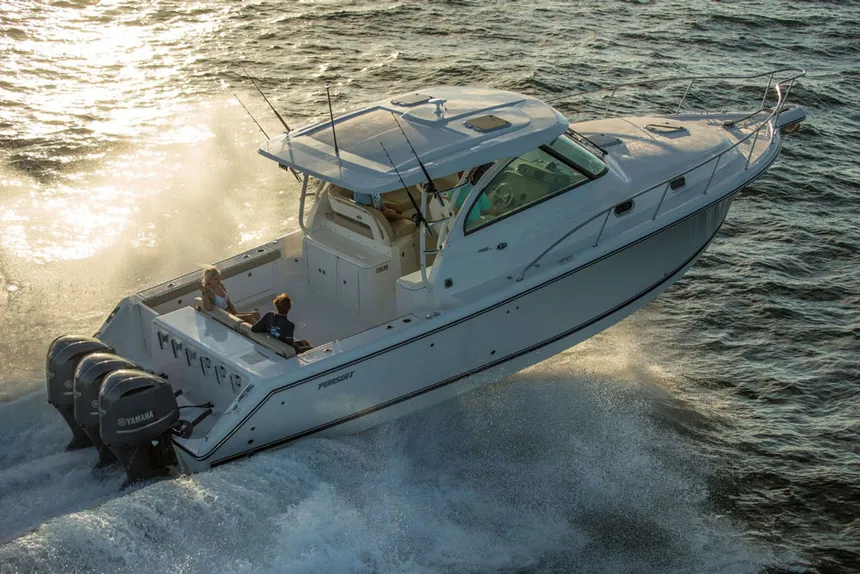
General cost ranges:
- Purchase price: Expect a range of $20,000 to $100,000+ for a used mid-size boat, with new options potentially exceeding $200,000.
- Annual expenses: Maintenance, insurance, storage, and fuel can easily reach $5,000 to $15,000 or more yearly, depending on usage and specific boat factors.
Tips for managing costs:
- Set a budget: Determine your comfortable spending limit before seeking boats to ensure affordability.
- Consider a pre-owned boat: Many well-maintained used boats offer excellent value.
- Research running costs: Factor in ongoing expenses like fuel, insurance, and maintenance to avoid surprises.
- Compare quotes: Shop around for insurance, storage, and maintenance services to find competitive rates.
- DIY maintenance: Learn basic upkeep tasks to reduce professional service costs.


